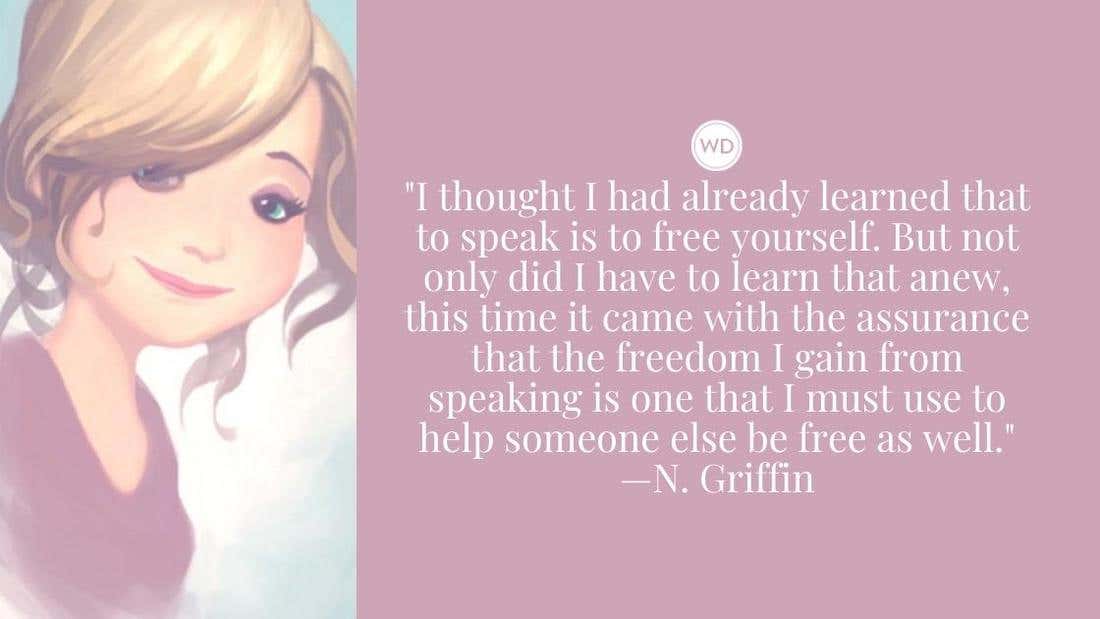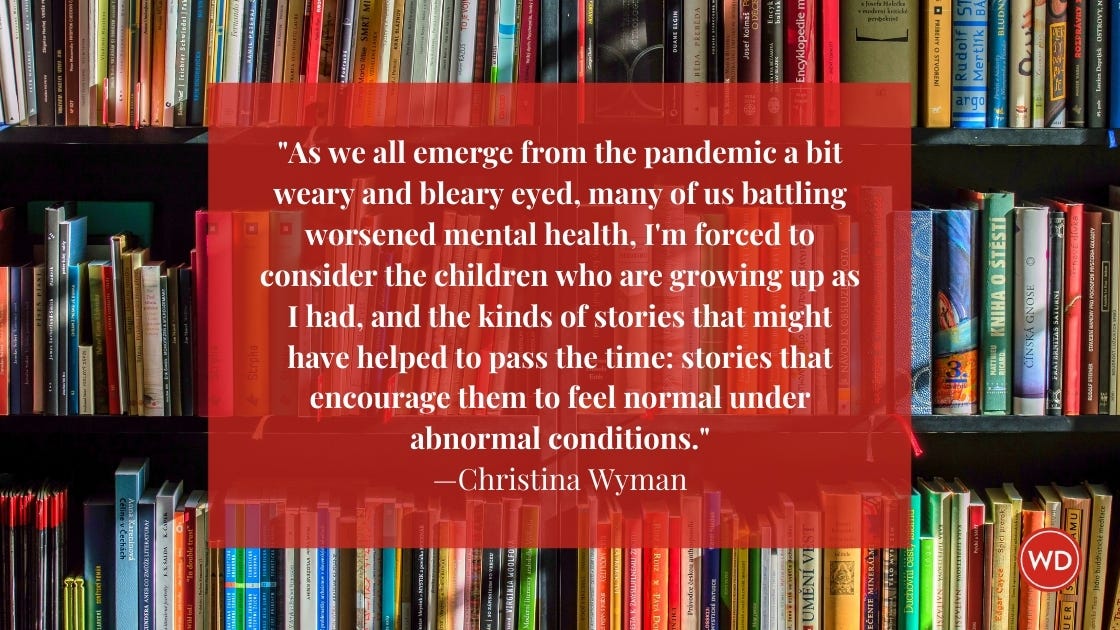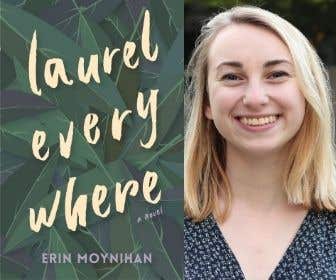7 Questions: Richard Paul Evans
Richard Paul Evans answers Writer’s Digest’s 7 questions.
Richard Paul Evans was an advertising executive before he broke through with his phenomenal bestseller—which he originally self-published—The Christmas Box in 1994. The book topped the bestseller lists simultaneously in hardcover and paperback and inspired a television movie. Since then, Evans has released six books, including two children's titles. Evans has also capitalized on his first book's success by opening three shelters for abused and neglected children, known as The Christmas Box Houses. His latest novel is The Looking Glass (Simon & Schuster).
WRITER'S DIGEST: Does your advertising background give you a different approach to fiction writing?
Richard Paul Evans: I'm schooled in writing to people who don't want to read. Advertising is an accidental encounter, and I have to grab their attention to get noticed. It's a good skill to have to get someone to read for pleasure. Also, I'm tied into the readers. I listen to my readers more than other authors might, just to make sure I'm communicating the way I want. It's almost like hiring out an additional 50 editors. Do they tell me how the ending should go? No. Do they call me and get mad when I kill off a character? Yes.
WD: Since The Christmas Box, how have you worked to improve your writing?
Evans: I set the goal to become a better writer with each book. I have the privilege to work with some of the best editors in America. I want every reader to pick up my latest book and say that it's the best one yet. I think anything less is a letdown. If you want to be a good writer, you have to write, and read. I'm not saying that I wouldn't learn anything now if I walked into a classroom, but I've learned a lot on the job, through my writing. The substance of the book is the most important thing. The Christmas Box is a simple book, but there is something magical about it. That magic is what has to remain. As I've continued to write, I've discovered what that is and how to keep it. I have to remember my voice and not lose myself in the writing.
WD: What is it in your voice that appeals to the audience?
Evans: There's a gentility about it. The reader feels safe. They feel like I care about them. That doesn't mean I write about nice things. Sometimes I write about horrible situations: racism and spousal abuse. And yet there's a gentleness to it. The second thing is the sincerity. I write who I am. I can't do otherwise. My agent, who's a very smart woman, once said to me, "If you change with the success, Rick, your books will start to fail." And she's right.
WD: Tell me more about The Looking Glass.
Evans: My editor thinks it's the darkest [book] in many ways. It's hard to talk about it. A young woman, Quaye MacGandley, is sold off during the Irish potato famine to a sailor, and her husband is very cruel. It's the story of two people, [MacGandley and] Hunter Bell, an embittered Presbyterian minister who is angry at God and has fled his life in the East. It's the story of two broken people and how they make each other whole. The most powerful responses I've received are from women who have been in abusive situations. They say, "How did you know?"
WD: Is self-publishing something you'd recommend to other writers?
Evans: NPR said it best. "Self-publishing is not the easy way, but sometimes it's the only way." Self-publishing is like running in the Olympics without a country. They make you run outside the stadium. It's different from having a publisher because your focus [then] is on the reader, not the selling. You can't get your book into stores or control shelf space anyway, so you can't worry about it. Even after The Christmas Box had sold 200,000 copies, I still had no press. No one would touch it.
WD: You also have a children's book out this fall, The Dance. How does children's writing compare with working on your other novels?
Evans: Children's books are phenomenal. ...The Dance is the most powerful thing I've ever written. I had worked on it for four months, and it just wasn't coming. I had a lot of material, but nothing stayed true to the story. One night, I sat down, and the story just poured into my mind. The best thing about it is its range. I can read it to my 4-year-old daughter, and she gets it. But it affects adults too. That came out Aug. 30. I've already done 50-60 readings at The Christmas Box House [in Salt Lake City] because it elicits such an enthusiastic response for the shelter. One woman approached me after I did a reading for the book and immediately donated $25,000 to the house.
WD: What keeps you writing?
Evans: It's like a dream come true. To be able to express myself and have people enjoy that is wonderful. It wasn't that I didn't pursue writing before because I didn't want to. It just wasn't practical. Writing books is the most competitive business in the world. It's like Hollywood. There are people so eager that they're willing to put their whole lives into breaking in and knowing how slim the chances are. They've been to theater schools since they're kids and given up everything they have. But I like the writing. The writing keeps me at it.









